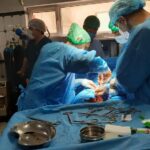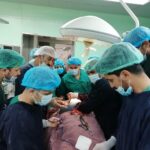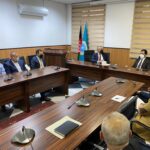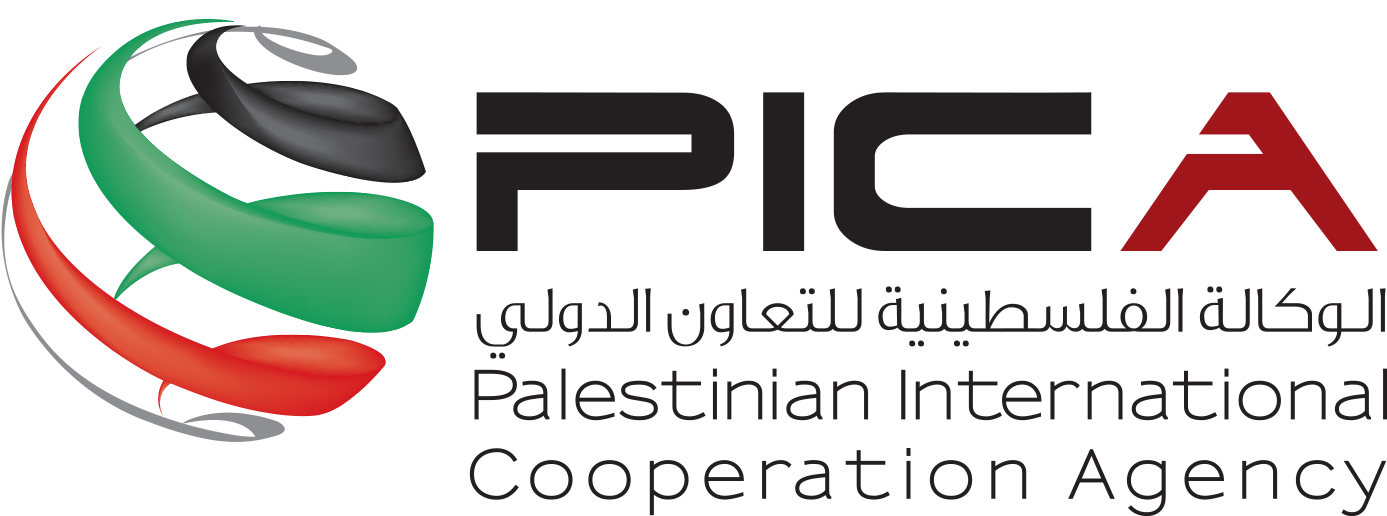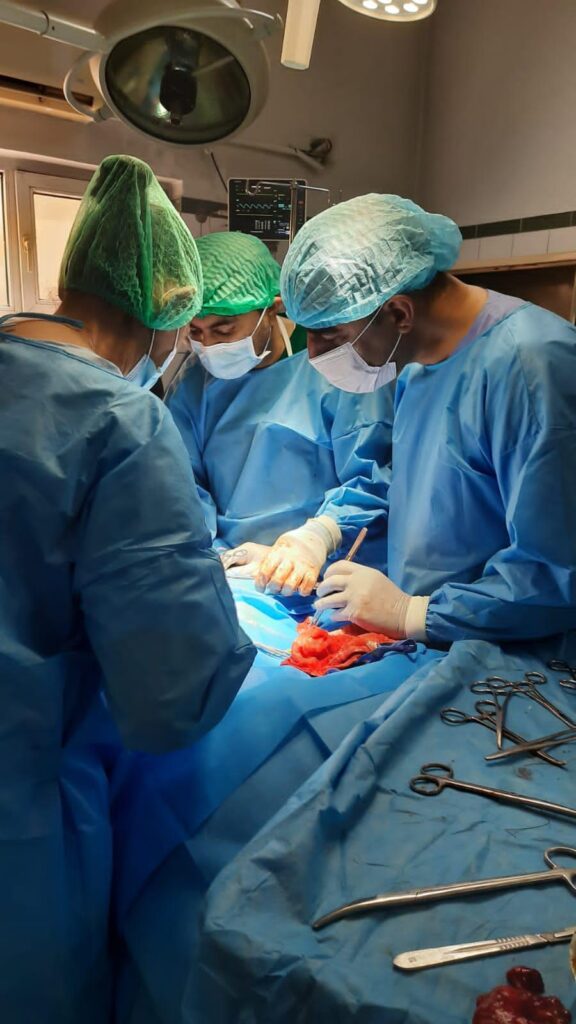
| Location: | KABUL/ AFGHANISTAN | Term of Cooperation: Year: 2021 |
| Implementing Organizations: | Palestinian International Cooperation Agency – PICA & PALESTINIAN MINISTRY OF HEALTH | SDG:  |
| Background: | Afghanistan as a brotherly country is currently the scene of the deadliest conflict in the world. Fighting continues to rage, exposing civilians, particularly women and children, to daily deadly risks, prompting mass displacement and choking the country’s unstable economy. As a result of the cumulative impact of conflict and disaster, roughly 9.4 million people out of a population of almost 38.6 million is now estimated to be in dire need of humanitarian assistance. The under-developed health system of Afghanistan is thinly spread across the country, due to ongoing conflict and insecurity, as well as infrastructure challenges. Around 30 per cent of the population has limited access to basic health services within a 2-hour travel radius and maternal mortality is among the highest in the world. However, based on recent researches and studies conducted by international institutions and organization mainly by the Office for the Coordination of Humanitarian Affairs (OCHA), a scenario of current conditions continuing into 2020 and 2021 and analysis of past and present trends in health needs, some 3.9 million people will require trauma care and emergency health services in 2020 and some 4.13 million in 2021. | |
| Purpose: | Supporting, enhancing and strengthening the capabilities of Afghanistan’s medical staff in different fields of emergency, trauma and burns | |
| Outputs: | The program focused on specialized training, joint operations and patient examinations, in addition to assessing the health situation in the hospitals in which the delegation made the interventions. Palestinian doctors also provided training to more than 180 doctors and medical students, and many operations were carried out in the areas of emergency, burns and wounds in several hospitals in Kabul (Wazir Akbar Khan Hospital, Istiqlal Hospital, Republic National Hospital) The doctors’ program included surgical operations, in addition to providing specialized lectures for medical students and training courses for trainers and doctors in the agreed areas for nine days. The field representative office of the Islamic Development Bank Group in Afghanistan assisted in implementing PICA’s program in Afghanistan. The program also included a number of important meetings with the Minister of Finance (Governor of the Islamic Development Bank of Afghanistan), the Minister of Health and directors of international and non-governmental organizations working in Afghanistan | |
| Activities: | Training included emergency fields such as Chest, abdomen, head neck, back, pelvic and limb trauma. In addition to, trainings in the burns field such as treatment and care of basic burns, preliminary examinations, assessment, classification and treatment of burn injuries. – Training of trainers (TOT) and specialized lectures for medical students and practitioners in relevant schools, colleges and universities. – Conduct of surgeries and operations for the aforementioned specializations. – Diversified practices on the job training (OJT) including rehabilitation of the medical health system in the abovementioned fields. – Assessments to health areas of interventions. | |
| Working Framework: | The implementation of this program comes within the context of strengthening trilateral cooperation and south-south cooperation through reverse linkage mechanism of the Islamic Development Bank with the aim of exchanging expertise and specialized knowledge of the member states of the Organization of Islamic Cooperation. The program serves the objectives of the organization and the interest of the beneficiary and contributing countries’ expertise which enhances trilateral cooperation and south-south cooperation. | |
| Beneficiaries: | Beneficiaries are those who will derive benefit from the implementation of the program. The program is being discussed with the ministry of public health of Afghanistan concerning location and arrangements of each activity as discussed in the scope and hence once it’s finalized will be provided. Accordingly, in this program there will be two types of beneficiaries can be defined: direct and indirect. Direct beneficiaries – Afghan public health medical stuff including specialists, doctors, nurses, and medical students will benefit from specialized trainings, TOT, and on the job training. – The medical health employers including doctors, nurses, and specialists in public health sector will have greater access to high quality/skilled personnel, – Medical students in relevant colleges and universities. Indirect beneficiaries – The afghan public including communities with direct and indirect access to health system will benefit from specialized trainings and improved public health areas of intervention. – The ministry of public health of Afghanistan and other relevant public and private institutions. – Medical schools, colleges, and universities. |
